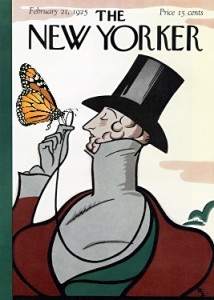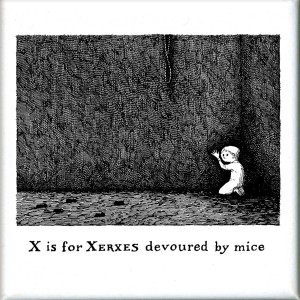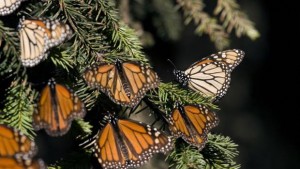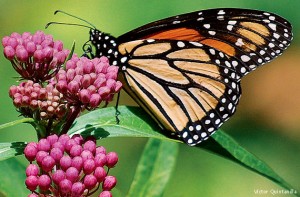by CJ Verburg
At last! In my e-mailbox this morning came an announcement I’ve been waiting for since November. (Three announcements, in fact.) Not, as I’d expected: “Kindle Scout’s First Books Published by Kindle Press.” Instead it was “Your free copy of X is now available.”
X = a title in the mystery/suspense/thriller category which I nominated for publication last fall. As I’ve described in past posts, the premise of the Kindle Scout program is that readers become literary agents, in effect, by reading excerpts from a hundred or so candidates on the website (in three categories: romance, mystery, and sci-fi) and voting on their favorites. I’ve voted for maybe a dozen books, and more than half have won the brass ring: a $1500 advance, with publication by Kindle Press and publicity by Amazon.
Offering me a free copy of each of my nominees rather than heralding its launch suggests two things:
- Kindle hasn’t actually published these books yet (March 3 is the pub date for the first 10 titles, out of 21 selected); and
- the PR department hopes that recipients will treat their “freebies” as ARCs (advance review copies) and do some heralding on their behalf.
There’s a bit of smoke-and-mirrors throughout the Kindle Scout process–inevitable with a brand-new book-publishing model. I’ve heard through the grapevine that although every aspiring candidate must submit a complete, polished e-book, fully copyedited and designed, those candidates that make the final cut are being heavily tweaked before publication. (That hypothesis is supported by the distinct drop in quality I’ve noticed in recent Scout website contenders.) When I clicked onto Amazon to claim my copy of L.A. Sniper (see L, above), a note popped up:
Just so you know…This view is of the Kindle edition (2014) from Steve Gannon. The Kindle Edition edition (2015) from Kindle Press that you originally viewed is the one you’ll receive if you click “Pre-Order” on the left.
My “free book” email began with Congratulations! and ended with Three cheers for reader-powered publishing! This too is less than transparent. As consumerist.com summarizes:
The process isn’t that different from the way Amazon selects which original shows to produce for its Prime streaming service. In that instance, viewers are given access to pilot episodes for a slate of contenders and then asked to vote on the ones they would like to see continue as full-fledged shows….
Although [Kindle Scout] gives readers the feeling that they are making the choice in who gets published and who doesn’t, Amazon ultimately holds all the decision-making power. At the end of the 30-day reader voting period, the Kindle Scout team reviews the books with the most votes and determines which three [sic] will be published.
Of course, the proof of the pudding is in the eating, as the old and often truncated saying goes. As TechCrunch notes:
March 3 should provide a better sense of how well the program is working in terms of actually highlighting quality content – the value of a crowdsourced publishing program only exists insofar as it can pick winners better than traditional systems, or generate better reception that straight-up self publishing.
Meanwhile, CONGRATULATIONS AND BEST WISHES to the first round of winners of publishing contracts from Kindle Press!






